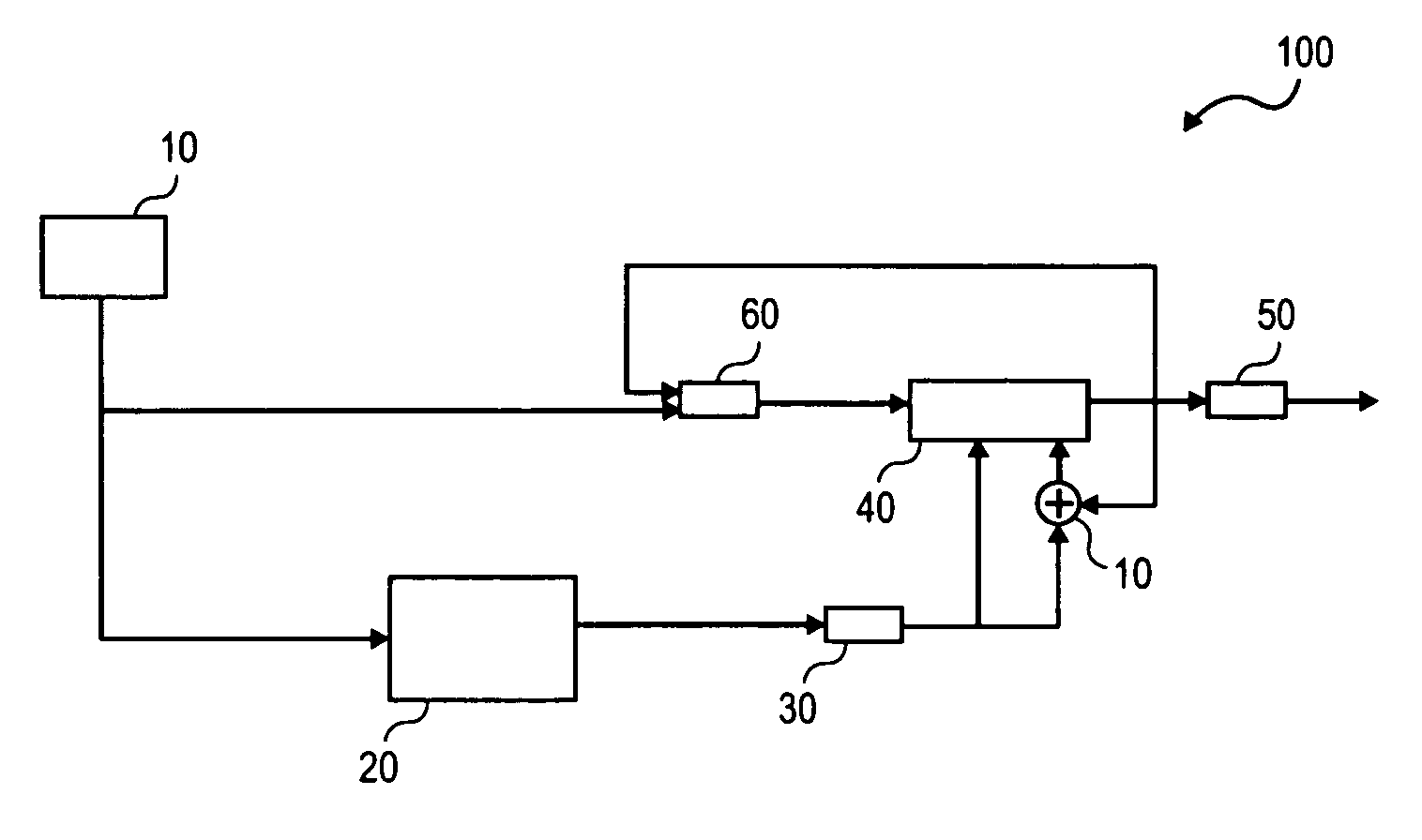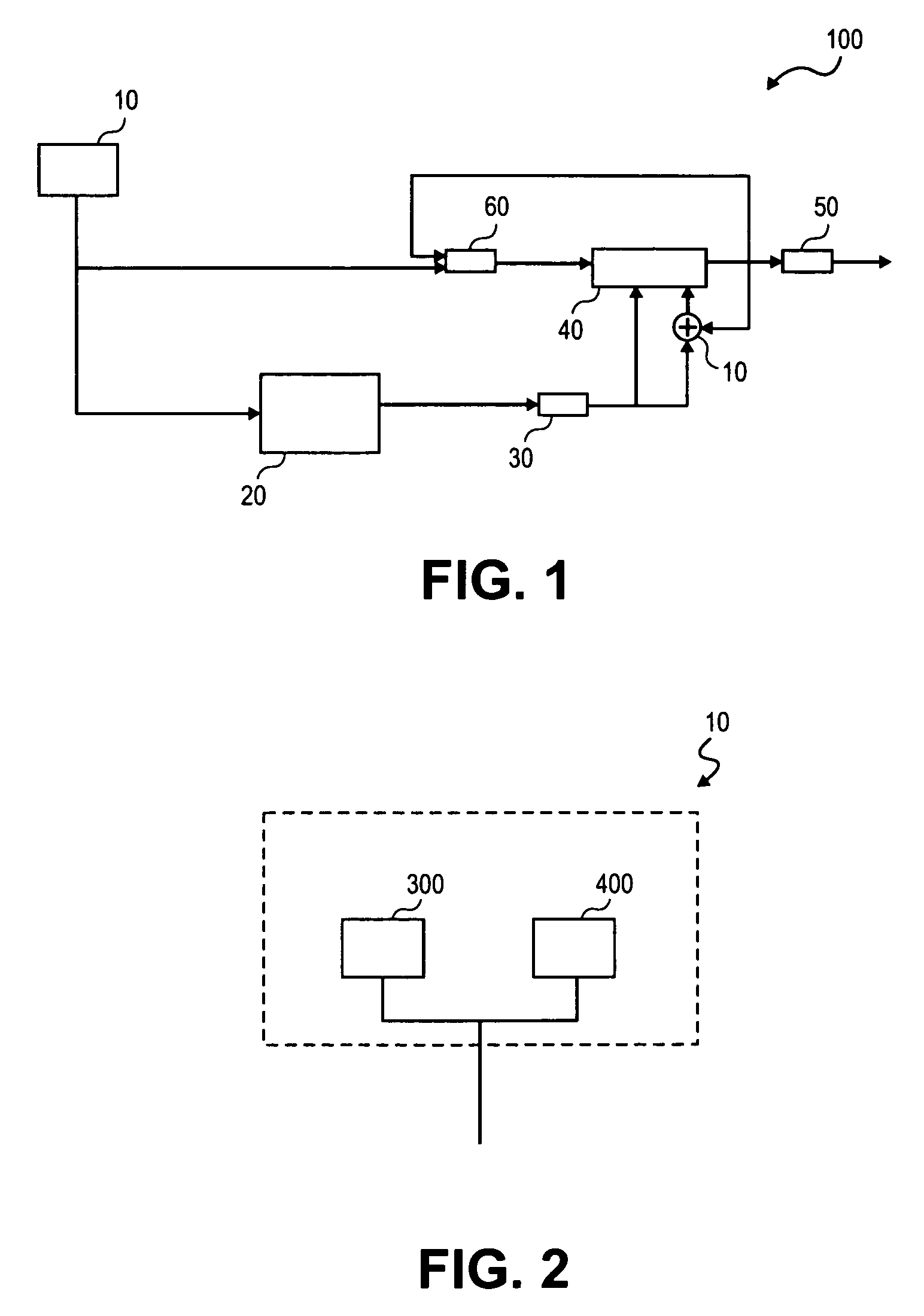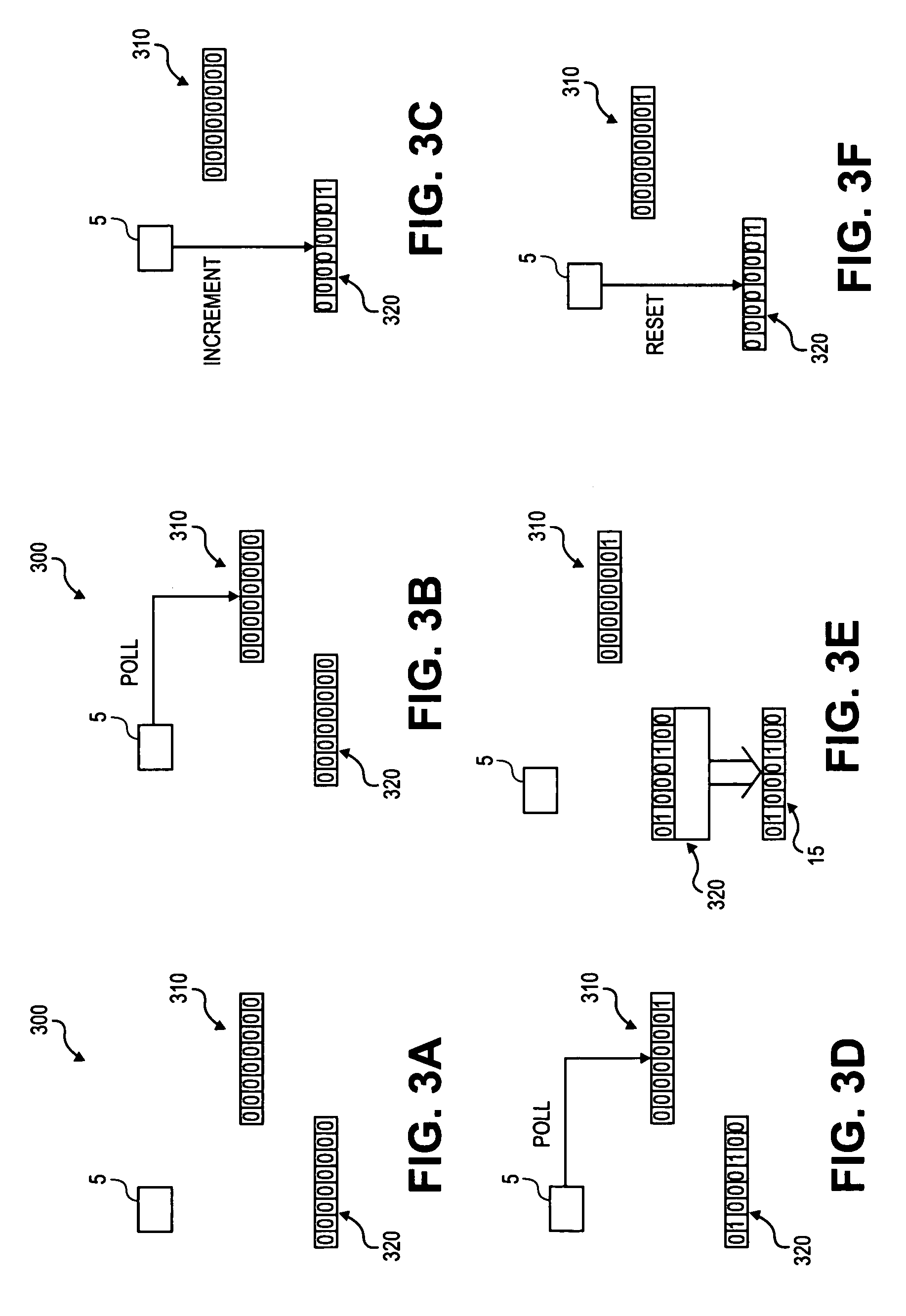System and method for generating pseudo-random numbers
a computer implementation and pseudo-random number technology, applied in the field of computer implementation methods and systems for generating pseudo-random numbers, can solve the problems of inability to guarantee the security of a prng, the inability to generate enough random data to serve as the cryptographic key, and the inability to rely on manual assistance by a human user or operator to generate random data containing entropy
- Summary
- Abstract
- Description
- Claims
- Application Information
AI Technical Summary
Benefits of technology
Problems solved by technology
Method used
Image
Examples
Embodiment Construction
[0001]1. Field of the Invention
[0002]This invention relates to computer-implemented methods and systems for generating pseudo-random numbers.
[0003]2. Background of the Invention
[0004]Modern cryptography relies on cryptographic keys to protect data confidentiality, ensure data integrity, and guarantee data authenticity. The security offered by a cryptographic key, which is a bit string of a certain length, depends on the cryptographic algorithm; the randomness, or entropy, of the cryptographic key; and the secrecy with which the cryptographic key is held. Generally speaking, cryptographic applications are more secure if no part or value of the cryptographic key can be predicted. Therefore, many cryptographic applications use pseudo-random number generators (“PRNGs”) to generate cryptographic key information.
[0005]Currently, however, in common server or computer environments, generating sufficiently random data to serve as the cryptographic key cannot be guaranteed because of the diff...
PUM
 Login to View More
Login to View More Abstract
Description
Claims
Application Information
 Login to View More
Login to View More - R&D
- Intellectual Property
- Life Sciences
- Materials
- Tech Scout
- Unparalleled Data Quality
- Higher Quality Content
- 60% Fewer Hallucinations
Browse by: Latest US Patents, China's latest patents, Technical Efficacy Thesaurus, Application Domain, Technology Topic, Popular Technical Reports.
© 2025 PatSnap. All rights reserved.Legal|Privacy policy|Modern Slavery Act Transparency Statement|Sitemap|About US| Contact US: help@patsnap.com



